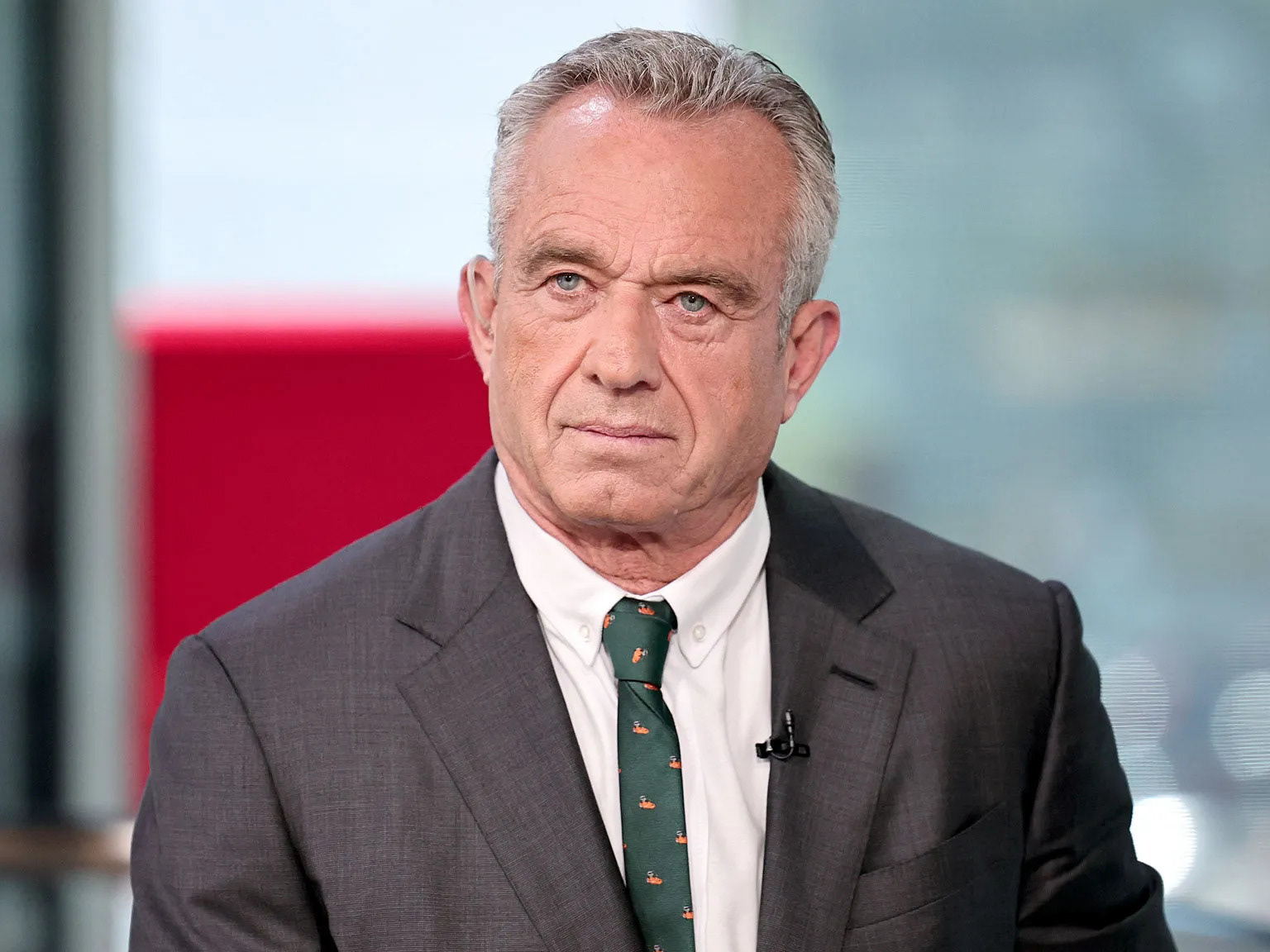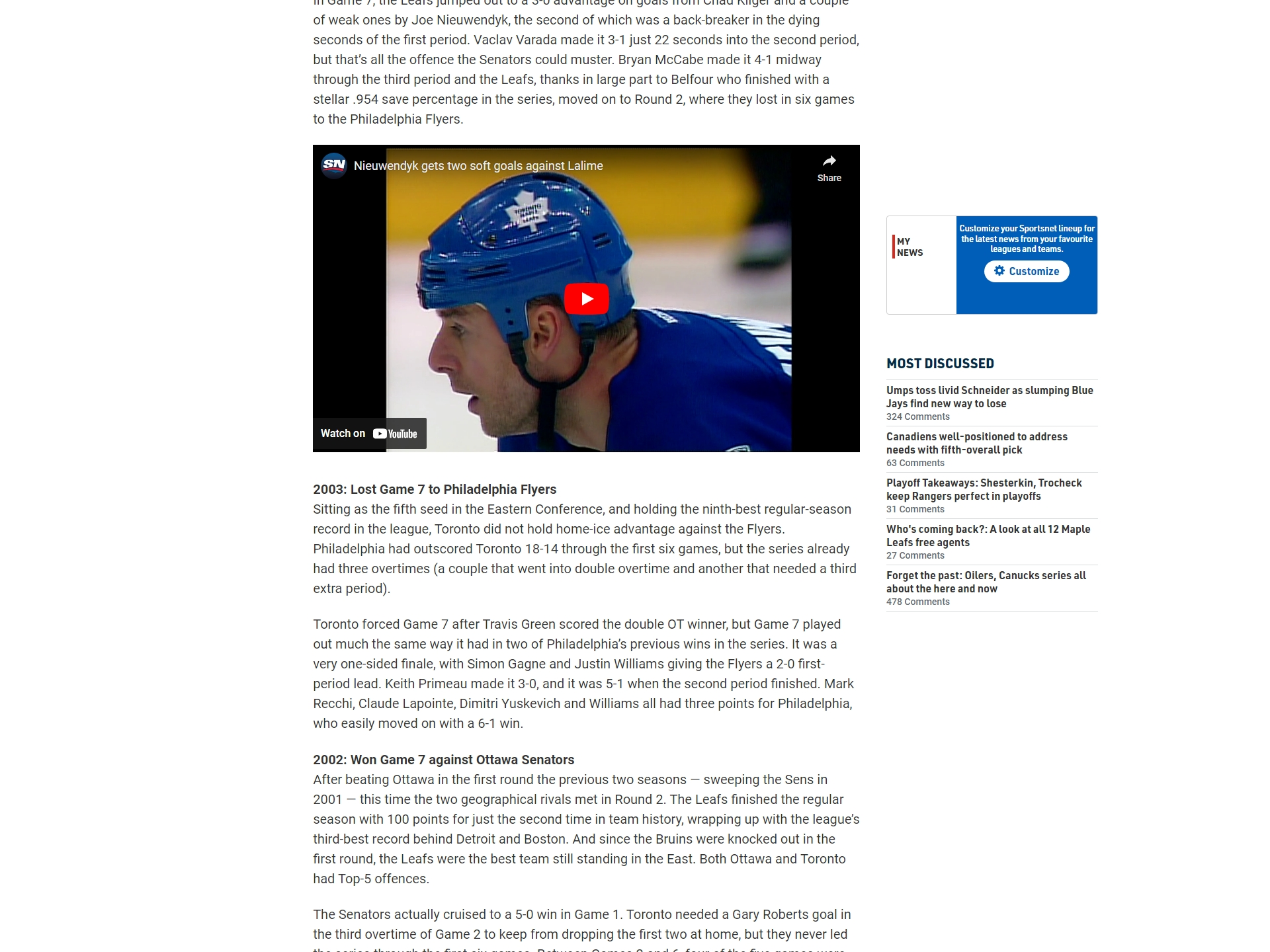I just grew up like that didn't know the fruit all I knew its good can I afford it and I can I don't know if I in fact I know the apartment life is not easy maybe lucky jackie kennedy run little bad luck you think
H-Diplo Review Essay 552: Rakove on Cleva, _John F. Kennedy's 1957 Algeria Speech_
christopher ball•03/19/2024Discussion
H-Diplo Review Essay 552
20 March 2024
Gregory D. Cleva, John F. Kennedy’s 1957 Algeria Speech: The Politics of Anticolonialism in the Cold War Era. Lanham: Lexington Books, 2022. ISBN 978-1666901306. (Hardcover, $110.00).
https://hdiplo.org/to/E552
Editor: Diane Labrosse | Commissioning Editor: Daniel R. Hart | Production Editor: Christopher Ball
Editor: Diane Labrosse | Commissioning Editor: Daniel R. Hart | Production Editor: Christopher Ball
Review by Robert Rakove, Stanford University
“There is a mountain of writing about [John F.] Kennedy and the Kennedys,” observes the historian Anders Stephanson, “the mastering of which would require several scholarly lives.”[1] Six decades after Kennedy’s assassination, the flow of publications shows no sign of diminishing. The first volume of Fredrik Logevall’s rich biographical study of the thirty-fifth president, which culminates in 1956, has heightened expectations for the second book.[2] Marc Selverstone offers a bold, closely researched analysis of Kennedy’s unfolding Vietnam policy in The Kennedy Withdrawal.[3] Last and probably not least, the recollections of Secret Service agent Paul Landis in a recent memoir promise to arouse new debates about Kennedy’s murder.[4]
Amid the field, Gregory D. Cleva’s study of Kennedy’s famous 1957 speech on the French war in Algeria is an intriguing, innovative addition. Cleva, both a scholar and a retired foreign affairs analyst, makes thorough use of oral histories, Senator Kennedy’s legislative files, memoirs, and the Foreign Relations of the United States series. The author argues that the Algeria speech, as a public dissent from policy, “deserves our attention now as much as it deserved the controversy it caused…at the time Kennedy spoke” (3).
Unfolding across seven ensuing chapters is an engaging, if somewhat idiosyncratic study of the speech and its wider context. Although the speech is hardly obscure or marginal to prior assessments of Kennedy, the author is surely the first to address this episode, which is usually concisely mentioned in biographical studies—across an entire book.[5] If no twentieth century life is as well-examined as Kennedy’s, Cleva’s book nonetheless makes a distinctive and original contribution, especially in its discussion of the drafting of the speech.
Harnessing oral history records and the author’s own interactions, the first chapter laudably illuminates the pivotal role played by the political scientist Frederick Holborn. The son of a prominent historian who emigrated from Nazi Germany and onetime Harvard University teaching assistant to Kennedy’s national security advisor McGeorge Bundy, Holborn remains a little-known figure in studies of Kennedy, largely because he never entered Kennedy’s inner circle. In an especially intriguing discussion, Cleva describes the tension between Holborn, who favored a more analytical, less dramatic appeal centered on Algeria, and Kennedy speechwriter Theodore Sorensen, who proposed a general denunciation of colonialism (52-54). Holborn’s cautious approach prevailed, and Kennedy did not call for immediate Algerian independence.
Cleva’s treatment of Kennedy strikes a familiar balance between pragmatism and idealism, reinforcing a verdict reached in prior studies. While acknowledging the political motivations behind the speech, including Kennedy’s wish to mend fences with the liberal wing of his own party, the author also convincingly describes it as an expression of Kennedy’s own longstanding anticolonial views (67-75). Even so, wary of being known as the “Senator from Algeria” he did not linger on the issue afterward (66).
The concepts of pragmatism and realism intertwine throughout the book and the author writes from a prevailing concern with “power and the principal forms [it] takes” (10). To some degree, this entails categorizing policymakers and intellectuals as either realists or liberal internationalists. Cleva’s discussion illuminates an intriguing array of responses to the speech, suggesting that Kennedy’s careful phrasing appealed to an eclectic audience.
A core tension remains, however. Among the realists, Kennedy won plaudits from theologian Reinhold Niebuhr, but criticism from prominent attorney (and future New Frontiersman) George Ball. The former regarded the speech as an apt assessment of the conflict; the latter deemed it an unwise interposition between Paris and its colony (157-158).[6] Liberal internationalists like Chester Bowles found the speech ideologically congenial, but they shared Niebuhr’s belief in the inevitability of French defeat.[7] Recent presidential candidate Adlai Stevenson, who can be classified in the same camp as Bowles, regarded the speech as a terrible mistake: a gratuitous rebuke of a North Atlantic Treaty Organization (NATO) ally (154-157). It is not clear that the realist-internationalist dichotomy sheds great light on how the speech was received. All of the men involved here had concrete notions of power on the world stage, but substantially different ideas about how to assess or exercise it.
One of the book’s chosen tasks is gauging the aptness of the speech. Cleva does this thoroughly, juxtaposing Kennedy’s observations with those of US observers in Algeria and elsewhere. Kennedy’s diagnoses and prescriptions appear, if anything, to have been understated; although understandably so, in light of the heated backlash they drew.
Another objective, assessing the originality and importance of the speech, is a different matter. To the US public, which was steeped in Cold War orthodoxies, it broke new ground. There remains, however, the question of how to understand Kennedy’s speech as it related to US policy and views: the extent to which Kennedy’s outlook actually differed from those of President Dwight D. Eisenhower and Secretary of State John Foster Dulles. The book benefits from some consideration of landmark works by Matthew Connelly and the late Irwin Wall, but the discussion of US policy focuses more on reporting from US diplomats than on the concrete, conscious choices made within the Eisenhower White House.[8] Positing that the former is a necessary and informative element within a wider policy analysis, it is still vital that the latter emerge fully. Otherwise, White House criticism of the speech, which is reported abundantly throughout the book, can risk being conflated with the views held privately by Eisenhower and Dulles.
It is hardly shocking that the Eisenhower White House publicly scorned the speech, with both the president and the secretary of state rejecting Kennedy’s (unsolicited) counsel (151-152). Notably, as Connelly writes, Dulles expressed something less than full-throated solidarity with Paris on the day of the address. In a private conversation with the French ambassador, Hervé Alphand, Dulles “confessed he would himself be at a loss to explain convincingly French policy in Algeria, if he had to do so before the United Nations at this time or later this fall, should there have been no progress by then.”[9] A week after he publicly criticized Kennedy, Dulles informed a senior French official, Louis Joxe, of the need for “real progress toward a peaceful and just solution in Algeria.” Absent such steps, Washington would be unable to support its NATO ally at the coming session of the General Assembly.[10] “We have to be spokesman for those wanting independence or we will be licked,” he had said three years earlier.[11]
Scarcely eight months after the Suez debacle, bilateral relations remained complex and fraught: marred by resentment, if tempered by mutual reliance. “One can hardly speak of an erosion of Franco-American relations during 1957,” observes Wall, “since at the end of 1956 the two countries appeared to be on as bad terms as they had ever been.”[12] Clearly, as Cleva notes in places, the administration was frustrated by French policy in Algeria (204, 226-227).
One might ponder, consequently, the extent to which Kennedy’s speech supported Eisenhower’s objectives: a mark of its efficacy if not its novelty. As Wall writes: “The administration may well have been privately pleased by Kennedy’s remarks as both a warning to the French about the evolution of American opinion and a not inaccurate reflection of what Washington would have liked its policy to be had it felt free to act in accordance with its inclinations.”[13] Wittingly or otherwise, Kennedy may have stepped into the role of bad cop. Sustained consideration of White House views could have evaluated this possibility.
If so, the effect appears to have been limited. Wall, who considers the question most directly, assigns the speech an ambiguous impact.[14] By the end of the summer, it had been superseded by other Franco-American problems and renewed tensions between Paris and its former Tunisian colony. Almost certainly, the most important consequence of the speech was experienced by Kennedy himself. Although he withstood considerable criticism in the US and European press, his remarks brought him praise from observers in Africa and Asia. Algerian rebels listened, with rapt attention, to radio broadcasts of the 1960 presidential election.[15]
The organization of this book is atypical. It is highly thematic, without much use for chronology. Significant discussion of reactions to the speech comes before the chapter intended for that specific topic. One might wish, moreover, that chapters discussing the rise of Algerian nationalism and pre-1957 US policy toward the conflict preceded those discussing the speech, rather than following them. The third chapter recounts the speech exhaustively, but arguably would have benefited from employing a more thematic structure. Books about a single speech or act already face some inherent hazard of retracing the same argumentative and topical ground. More consistent use of chronology and a stricter division of labor would have helped to reduce redundancy.
These observations aside, Cleva is right to term this a significant episode in US foreign relations. If Kennedy’s sentiments were not novel, his public and forthright expression of them broke new ground. His rigorous and extensive preparations for the speech, its depth and nuance, and its graceful phrasing hold up well in this century, especially when compared with the amateurish, even ghastly antics of certain current senators. Six and a half decades later, the speech remains “an excellent example of how a prominent public figure can advocate and educate at the same time” (244).
Robert Rakove is a lecturer in International Relations at Stanford University. He is the author of Kennedy, Johnson and the Nonaligned World (Cambridge, 2012), and Days of Opportunity: The United States and Afghanistan Before the Soviet Invasion (Columbia, 2023).
[1] Anders Stephanson, “Senator John F. Kennedy: Anti-Imperialism and Utopian Deficit,” Journal of American Studies 48:1 (February 2014): 1-24.
[2] Fredrik Logevall, JFK, vol. 1, Coming of Age in the American Century, 1917–1956 (New York: Random House, 2020).
[3] Marc J. Selverstone, The Kennedy Withdrawal: Camelot and the American Commitment to Vietnam (Cambridge: Harvard University Press, 2022).
[4] Paul Landis, The Final Witness: A Kennedy Secret Service Agent Breaks His Silence after 60 Years (Chicago: Chicago Review Press, 2023).
[5] Perhaps the most sustained biographical discussion of the speech to date can be found in Michael O’Brien, John F. Kennedy: A Biography (New York: Thomas Dunne Books, 2005), 357–61.
[6] George W. Ball, The Past Has Another Pattern: Memoirs (New York: Norton, 1982), 166–167.
[7] Chester Bowles, Promises to Keep: My Years in Public Life, 1941-1969 (New York: Harper & Row, 1971), 249.
[8] Matthew J. Connelly, A Diplomatic Revolution: Algeria’s Fight for Independence and the Origins of the Post-Cold War Era (Oxford; New York: Oxford University Press, 2002); Irwin M. Wall, France, the United States, and the Algerian War (Berkeley: University of California Press, 2001).
[9] Memorandum of Conversation, July 1, 1957, Foreign Relations of the United States, 1955–1957, Vol. XVIII, Africa (Washington: Government Printing Office, 1989), 270-271.
[10] Memorandum of Conversation, July 10, 1957, Foreign Relations of the United States, 1955–1957, Vol. XVIII, Africa (Washington: Government Printing Office, 1989), 271-272.
[11] Frank Costigliola, France and the United States: The Cold Alliance since World War II (New York: Twayne, 1992), 111.
[12] Wall, France, the United States, and the Algerian War, 67.
[13] Wall, France, the United States, and the Algerian War, 85–86.
[14] Wall, France, the United States, and the Algerian War, 86–87.
[15] Connelly, A Diplomatic Revolution, 231; O’Brien, John F. Kennedy, 357–361.
Categories
Keywords









